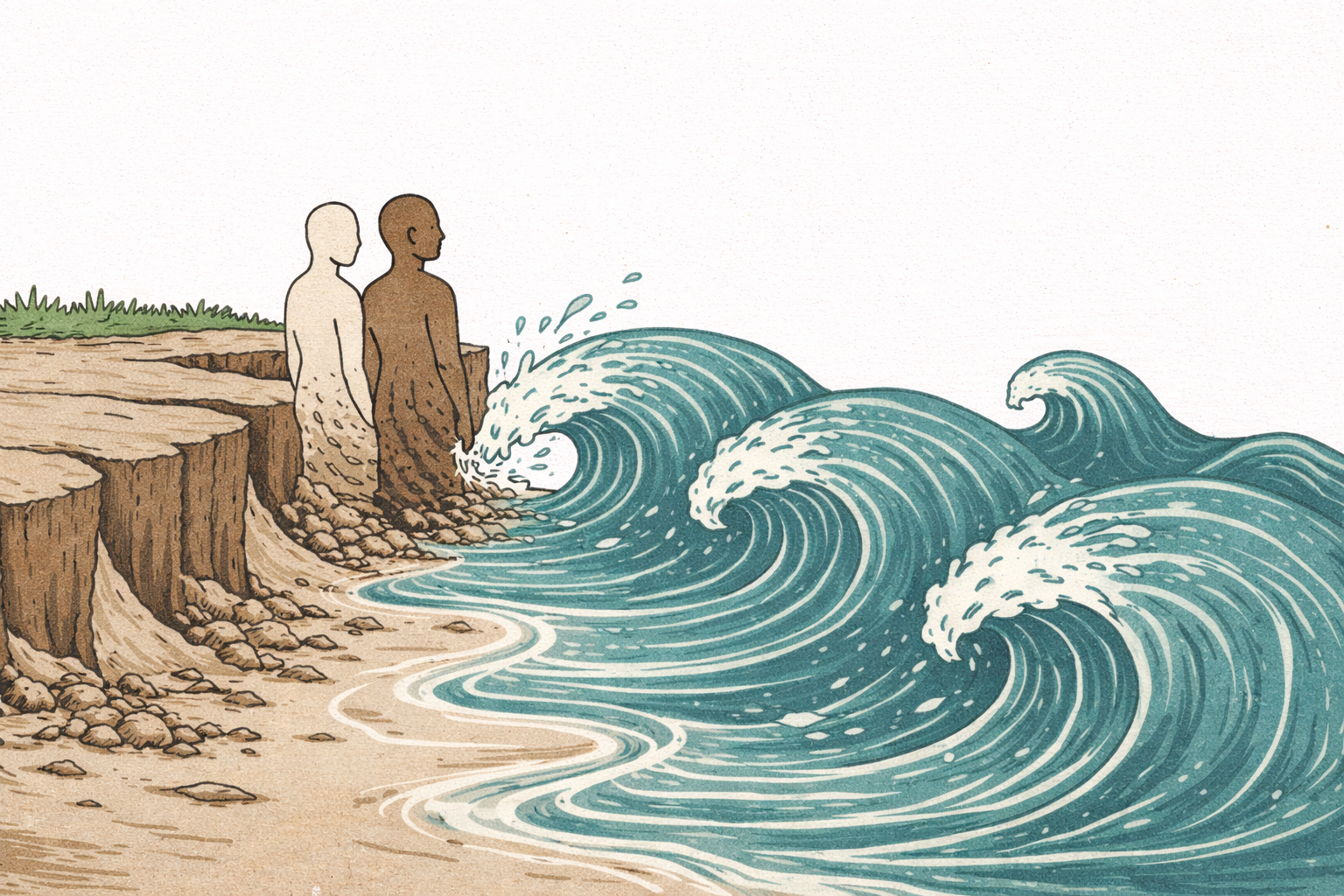
‘Weathering’: how racism and inequality are making people sick before their time
Weathering: How Inequality Gets Under the Skin
Weathering is a public health term that describes how chronic exposure to racism, poverty, and social marginalization causes the body to age faster and break down earlier. Developed by public health scholar Arline T. Geronimus, the theory shows that inequality is not just social or psychological. It is biological.
When stress becomes constant, the body stays in a state of vigilance. Cortisol remains elevated, inflammation increases, immune function weakens, and cardiovascular systems deteriorate. Over time, this cumulative strain, known as allostatic load, leads to earlier illness and higher risk of death.
Weathering is especially visible in maternal health. In the United States, Black women are three to four times more likely to die from pregnancy-related causes than white women, regardless of income or education. Pregnancy often acts as a stress test on bodies already worn down by decades of structural inequality.
Weathering challenges the idea that health disparities can be solved through individual behavior or healthcare access alone. It shows that racism and inequality function as chronic health exposures and that bodies carry the imprint of the societies they live in.
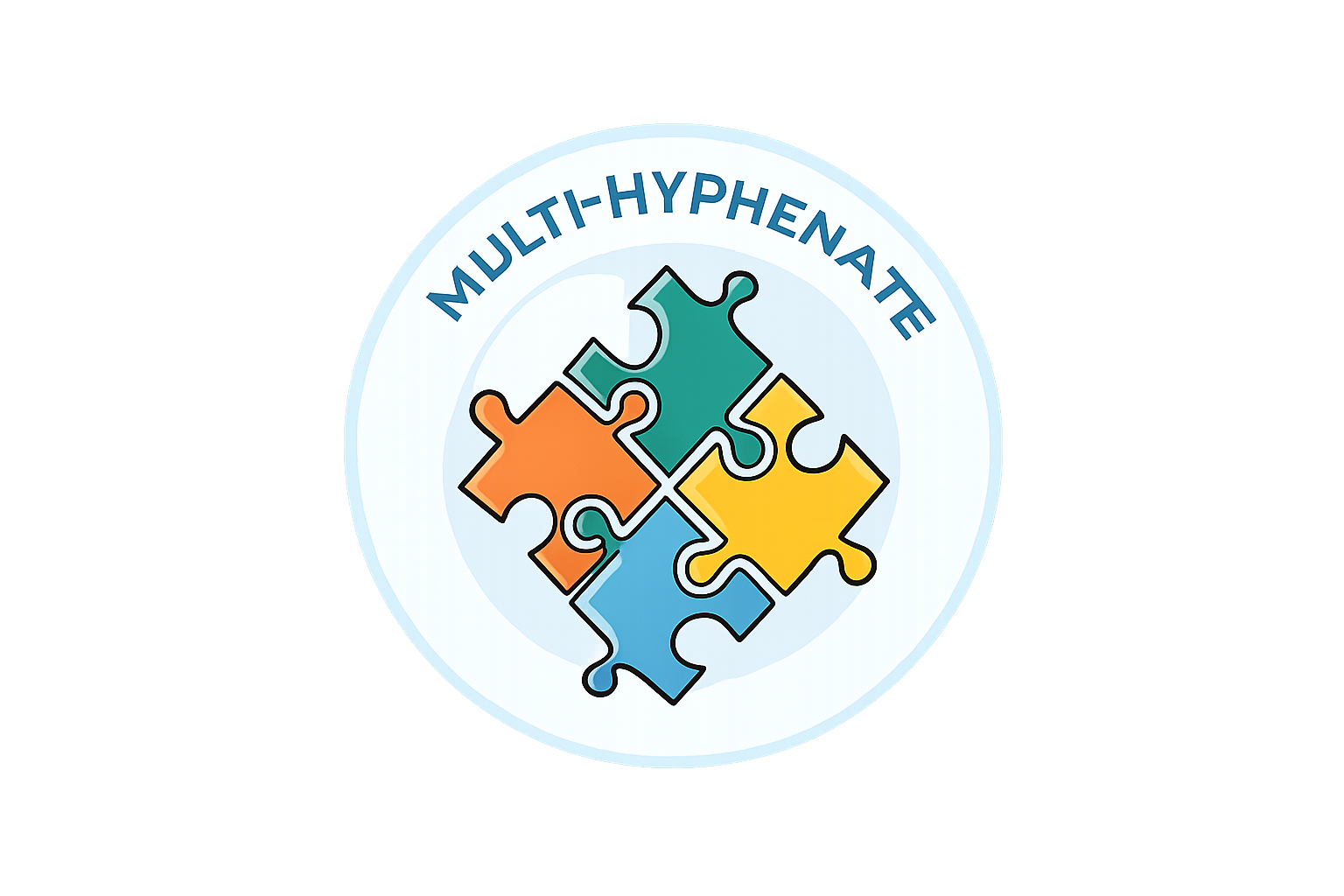
Portfolio Careers, Neurodivergence, and the Rise of the Multi-Hyphenate Life
For decades, success was defined by choosing one path and staying there. But for many neurodivergent people, linear careers were never a good fit. Portfolio careers offer an alternative. By weaving together multiple roles, income streams, and creative pursuits, multi-hyphenate work allows people to build livelihoods that honor their nervous systems, values, and capacity for change. This piece explores why neurodivergent minds often thrive in nonlinear careers, how autonomy impacts mental health, and why the future of work may look more like a garden than a ladder.
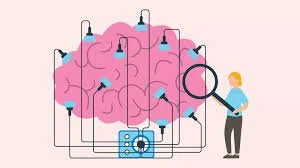
Rewiring the Wound: What Neuroplasticity Means for Healing
Neuroplasticity is the brain’s built-in ability to rewire, repair, and grow — even after trauma. When we experience chronic stress or overwhelming events, neural pathways shift toward survival. But with safety, connection, and evidence-based therapy, those same pathways can reorganize toward healing. This article explores how trauma reshapes the brain, how practices like mindfulness, somatic regulation, and EMDR foster new neural growth, and why your brain is far more capable of change than you’ve been taught. Healing is not a personality trait. It’s a biological possibility.
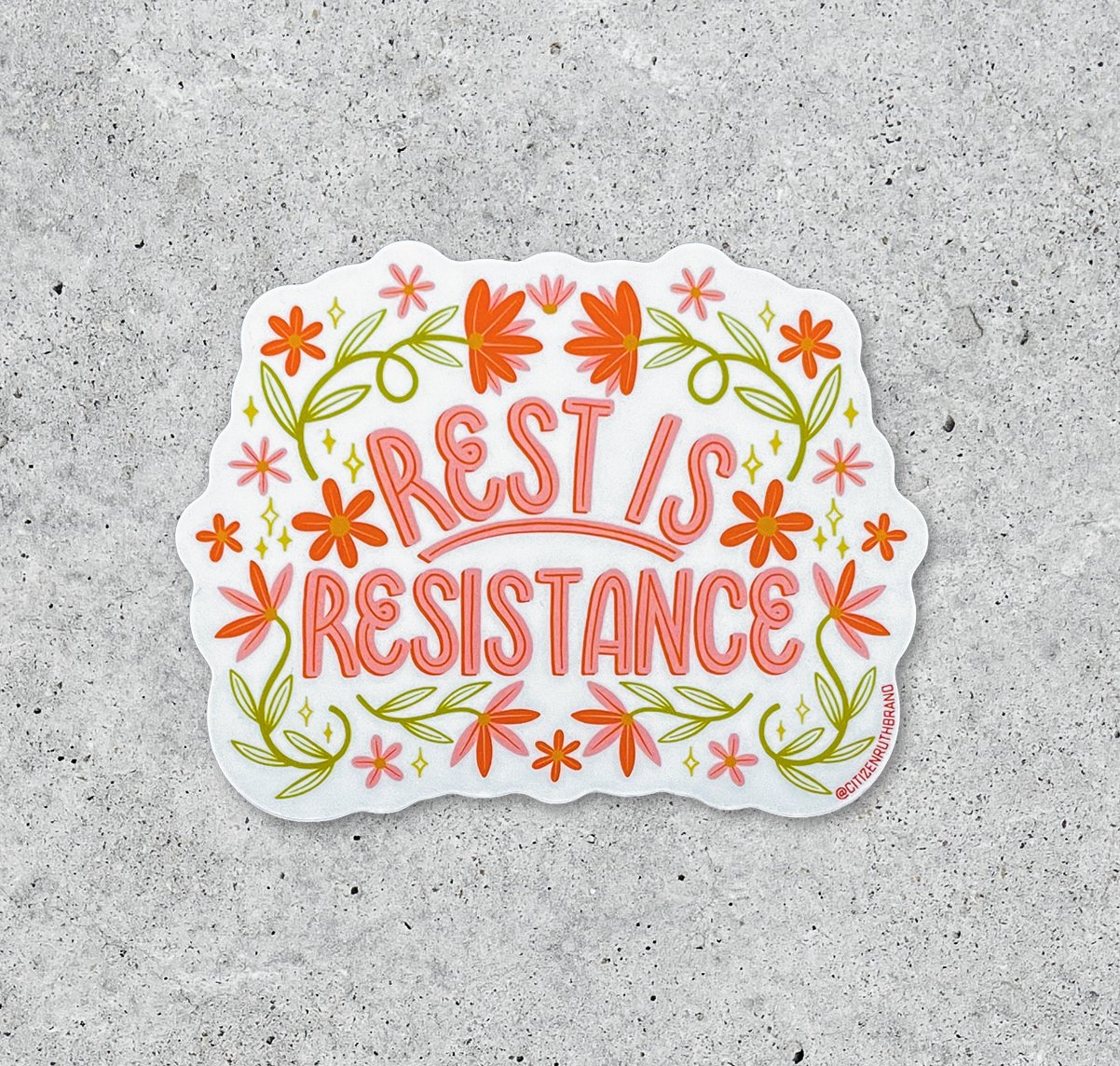
Rest is Resistance-Why Slowing Down Is a Radical Act of Healing
This piece explores how rest becomes a radical act in a culture built on exhaustion. It breaks down how chronic stress, grind culture, and systems of oppression shape our nervous systems and strip us of humanity. It shows why rest is not avoidance but a way to disrupt exploitation, reclaim worth, and rebuild connection. Through neuroscience, liberation psychology, and healing justice, the article argues that rest is a political, spiritual, and collective force that restores imagination and strengthens movements for change.
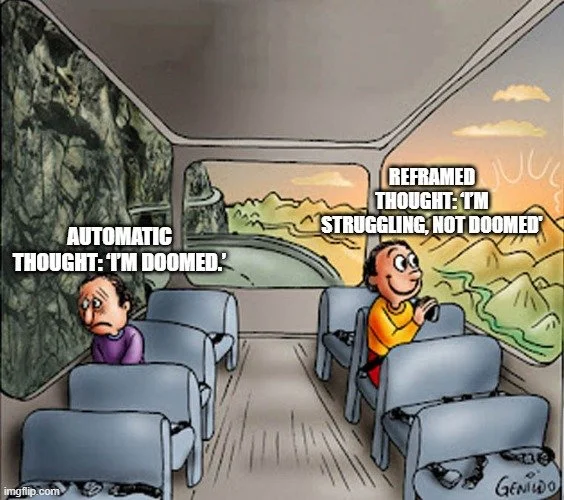
Memes as Medicine: Using Internet Language to Heal the Mind in Therapeutic Practice
Memes are no longer just internet humor—they’re becoming therapeutic language. In an age where clients process emotion through screens, therapists are discovering that memes can do what words sometimes can’t: translate complex psychology into shared experience. These visual micro-stories validate pain, mirror emotion, and make abstract ideas like trauma recovery or self-compassion instantly relatable.
This article explores how clinicians can use memes in evidence-based modalities like DBT, ACT, and IFS to normalize dysregulation, build cognitive flexibility, and reduce shame. Backed by neuroscience and research on laughter’s ability to lower cortisol and increase dopamine, memes are reframed here as tools of co-regulation and emotional attunement. When used ethically and intentionally, humor becomes more than a coping mechanism, it becomes a bridge between insight and embodiment, meeting clients in the digital spaces where they already live and heal.

Liberation Psychology: Healing as Rebellion, Therapy as Resistance
What if your anxiety isn’t a malfunction, but your body’s wisdom in a world that’s too much? What if your burnout is not a weakness, but a quiet form of protest?
Psycholiberation is a therapeutic framework that goes beyond symptom management. It recognizes how systems like racism, capitalism, and colonialism shape our mental health, and how healing can become an act of resistance.
In this groundbreaking blog, we explore the roots of psycholiberation, how it shows up in clinical practice, and why reclaiming rest, rage, and identity are essential to mental health. We also offer concrete steps for clients seeking care that truly sees the whole of who they are.

The Next Revolution in Mental Health: Systems That Honor Every Brain
Awareness is not the finish line—it’s the starting point. Neurodiversity justice calls for a full redesign of the systems that shape daily life: schools, workplaces, healthcare, and policy. It means building environments that no longer treat difference as disruption but as design intelligence. In this piece, we explore how education can honor divergent learning, how trauma-informed healthcare can listen across communication styles, and how flexible workplaces can replace compliance with creativity. Drawing from neuroscience, social policy, and lived experience, this article reimagines what it means to belong in a world built for one kind of brain. Because inclusion is architecture. And when systems are rebuilt to hold neurodivergent lives with dignity, everyone benefits.

Mental Health and the Social Determinants of Health
Mental health does not exist in isolation — it is deeply shaped by social determinants of health like housing, income, race, gender, immigration status, and exposure to violence. Depression, anxiety, PTSD, and burnout often reflect systemic harm as much as individual struggle. At NeuroBloom, we explore how food deserts, unsafe neighborhoods, wage theft, and environmental racism leave imprints on the body and the therapy room. Healing is not only personal — it is political. True mental health justice means dismantling the conditions that lock communities in trauma while building spaces where people can bloom.

Hypernormalization and Global Narcissism: The Family System of Empire
We are not just living through crisis—we are living inside a global narcissistic family system. Hypernormalization explains how empires, corporations, and dominant nations keep the façade intact even as collapse unfolds. Golden child nations are celebrated, scapegoat nations are punished, and the rest of us are conditioned to look away. Drawing on Fanon, Freire, bell hooks, Baldwin, and Lasch, this piece argues that hypernormalization is not only a political condition but a psychic one—sustained by colonialism, white supremacy, patriarchy, and capitalism. Naming the script is the first act of refusal.

Second-Generation Stress & the Immigrant Health Paradox
Second-generation immigrants are often expected to thrive in the U.S.—with more education, stronger English, and better access to care than their parents. Yet research shows the opposite trend: higher anxiety, depression, and cardiometabolic risk despite socioeconomic gains. This essay unpacks the “immigrant health paradox,” tracing how guilt–shame cultural mismatches, chronic stress, and weathering take a toll on the body. Drawing from public health and psychology, it argues that adaptation should not cost health—and that culturally responsive care, systemic change, and spaces that honor bicultural realities are essential for true well-being.

The Cage, Not the Chemical: What Rat Park Got Right
Addiction is often framed as a chemical trap, but the Rat Park experiments revealed a different truth: context matters more than chemistry. When environments strip away safety, dignity, and belonging—through low wages, housing precarity, racialized punishment, and chronic stress—substances become survival tools, not moral failings. This piece reframes addiction as an environmental signal, tracing how race, class, labor, and policy shape craving. It highlights what actually works: same-day access to medications, harm reduction, Housing First, economic dignity, and grief infrastructure. The opposite of addiction is not abstinence. It is a livable life.
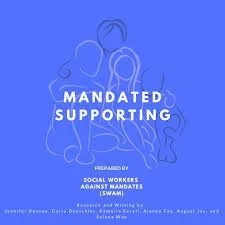
The Case for Mandatory Supporting
Mandatory reporting is sold as protection. But most child welfare cases are about poverty, not abuse. Involuntary holds, forced institutionalization, and police “wellness checks” often leave people more traumatized than before. These practices protect systems from liability, not people from harm. This article makes the case for mandated supporting—a model rooted in trust, dignity, and community. Backed by research on peer respite centers, collaborative safety planning, and culturally responsive care, it argues that true safety comes not from surveillance but from solidarity.
